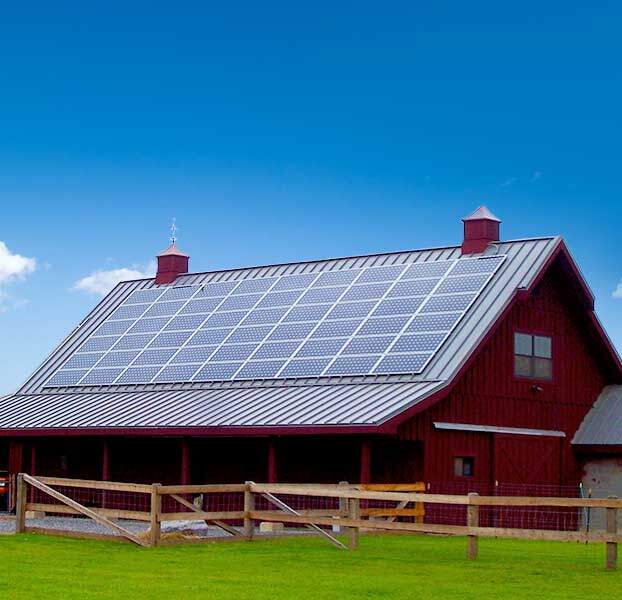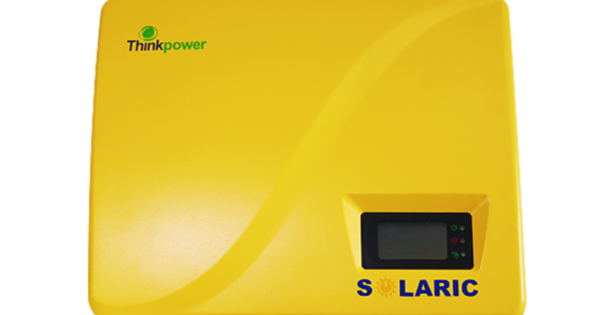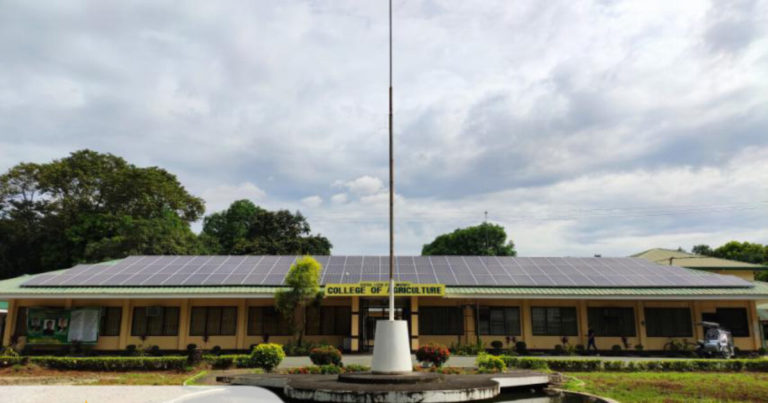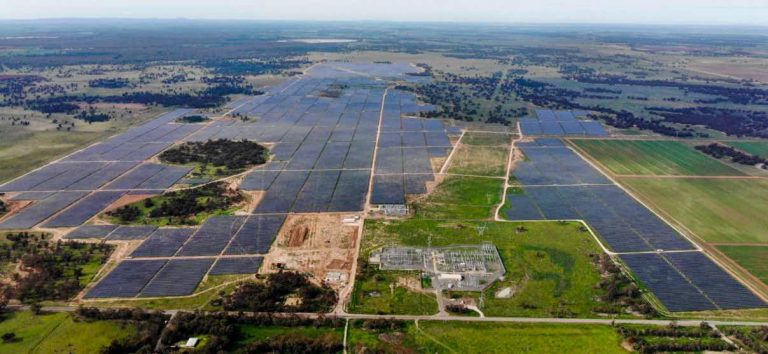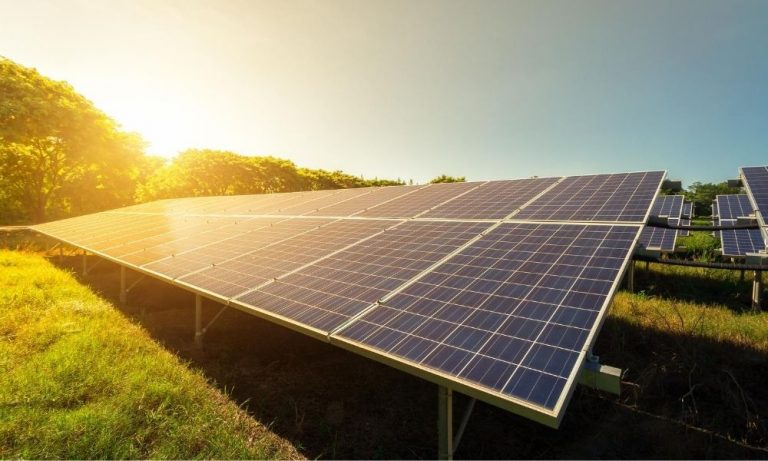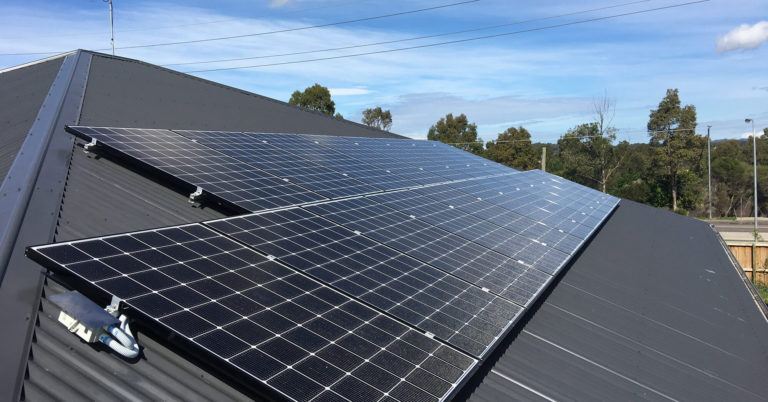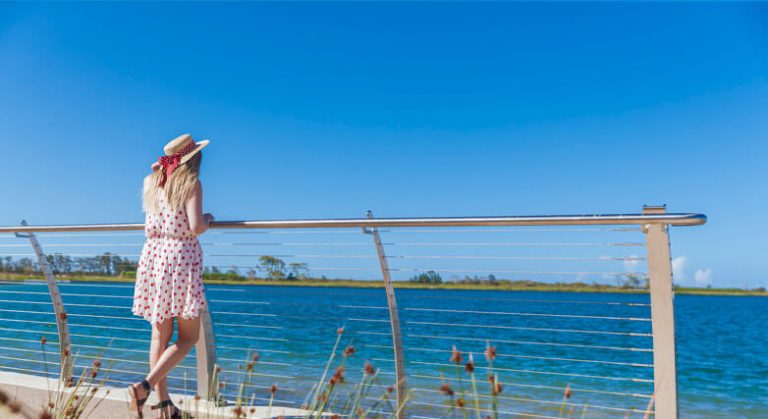Which roof is finest for solar modules?
Households and businesses now have more energy options than ever before, but solar power is quickly rising to the top of this list thanks to its numerous benefits. Not only does it deliver clean energy that helps the environment and cuts electricity bills, but it is fully customizable and even offers tax credits.
As a result, more and more residential and commercial buildings are investing in solar panels. It is common to install them on the roof, especially for businesses that may not have enough space for an open space system. But does every type of roof work?
Some materials offer a more panel-friendly finish than others, so let’s dive in!
Asphalt roofs
Contents
Let’s start with the most common type of shingle on residential roofs: asphalt. Not only is it easy to come by, but it’s also one of the most compatible materials for solar panels as the shingles are both flexible and durable. The installation is uncomplicated and also saves money.
Flat roofs
It may seem contradictory, but a flat roof can handle solar panels just as well as a sloping one. In fact, they offer more design freedom than their sloped counterparts and no intrusion into the roof itself. However, proper installation is critical, and not every solar company offers this option. Make sure you hire a trusted professional with the necessary experience to get the most out of your flat roof panels.
Metal roofs (with or without standing seam)
If your metal roof has standing seams, it’s one of the best candidates for solar panels because it doesn’t require drilling to attach (clamps are used instead). That means a cheaper and faster installation process. But even if your metal roof doesn’t have a standing seam, it can accommodate solar panels thanks to some creative designs that are safe and streamlined. In addition, metal roofs provide additional sun reflection in areas not covered by panels and cool the interior even more.
Tiled roofs
The bad news is that installing solar panels on a tile roof generally costs more money – the good news is that tiles are still one of the best roofing materials for this type of energy source. Clay, slate, or concrete tiles are more durable and waterproof than other standard shingles. It requires more intense installation as the tiles have to be removed to make room for mounting brackets, but it’s an absolutely workable surface.
Tar or gravel roofs
The only potential point of attack against these materials is that they are often found on flat roofs. But as we discussed earlier, a flat roof can still accommodate solar panels, so that’s not a problem. Tar or gravel may require additional adjustments during installation to ensure the modules are completely secure, but they are a viable option for solar panels.
Trust Solar Liberty on every roof
As you can see, solar panels can be installed on almost any roofing material. Like asphalt and metal standing seams, some are less complicated to assemble than others, but they all have what it takes to support this groundbreaking source of energy.
Whether it is your home or your business, if you are considering installing solar power, contact Solar Liberty. We offer free solar ratings and help you determine what the installation process will be for your roof type.
Get started today to learn how Solar Liberty can increase your energy production and save money!
